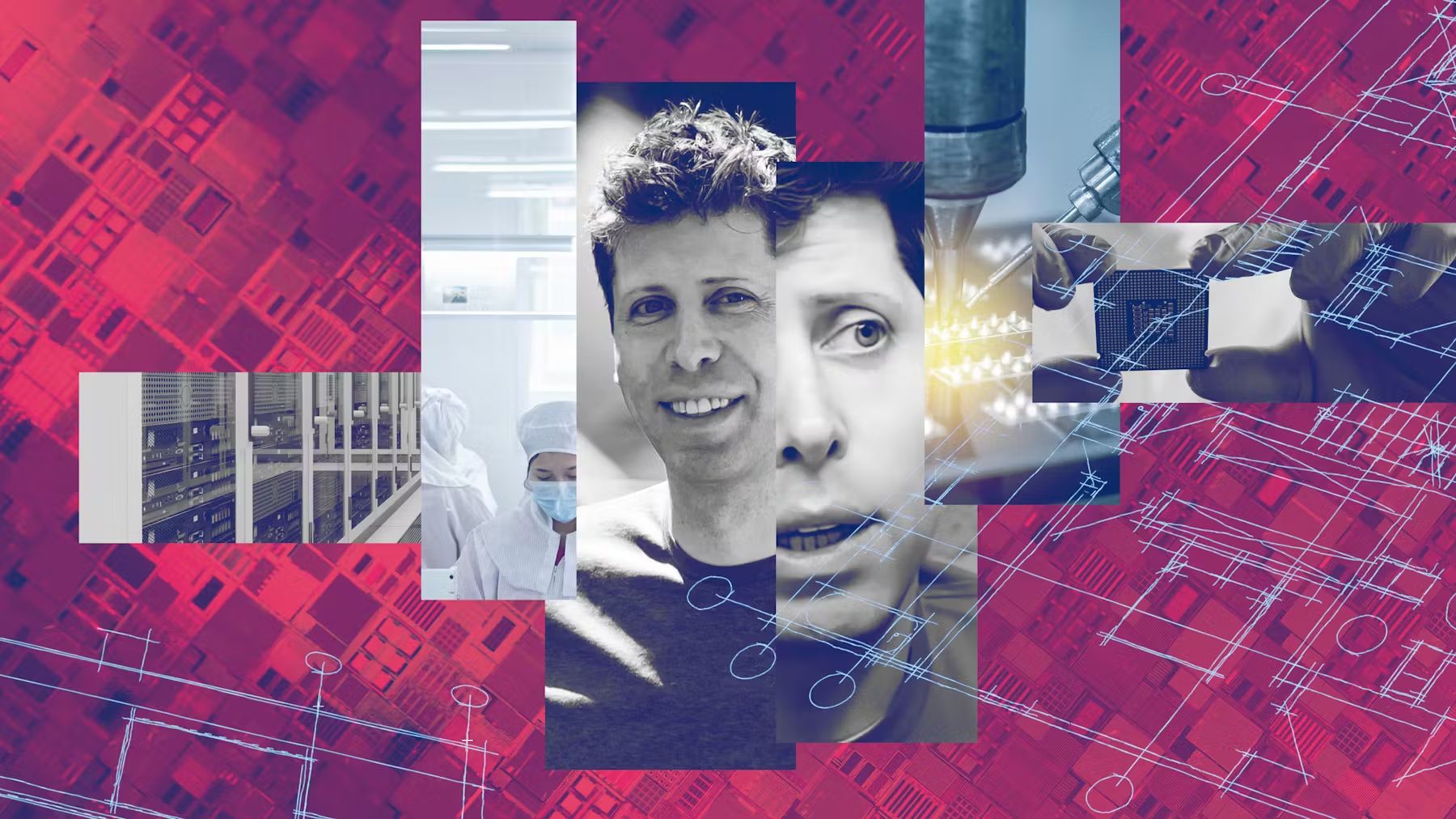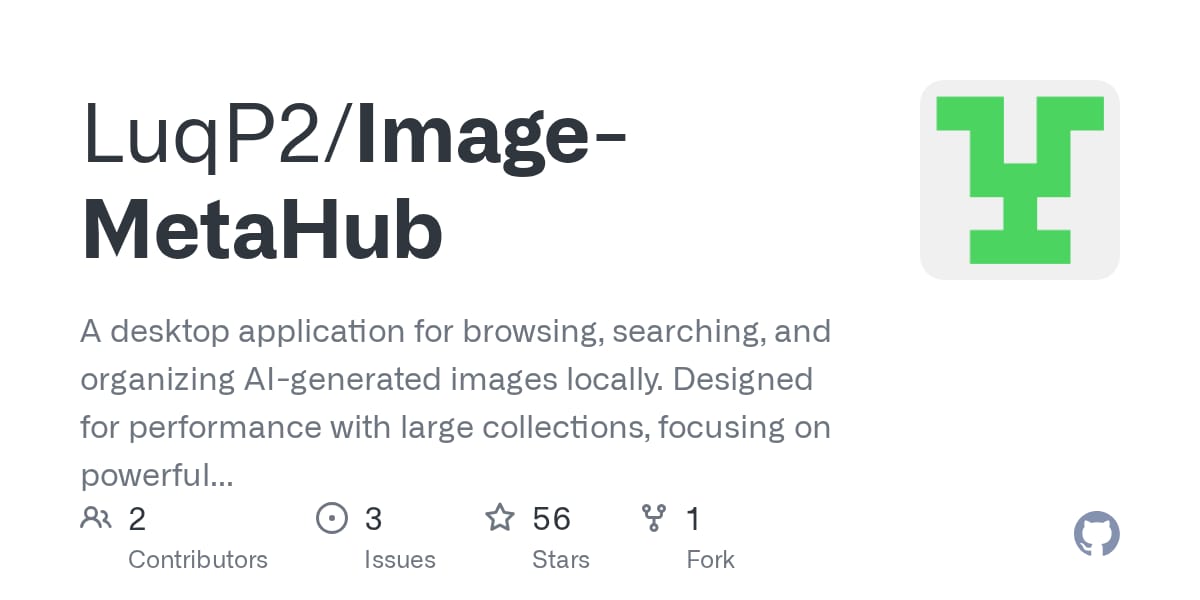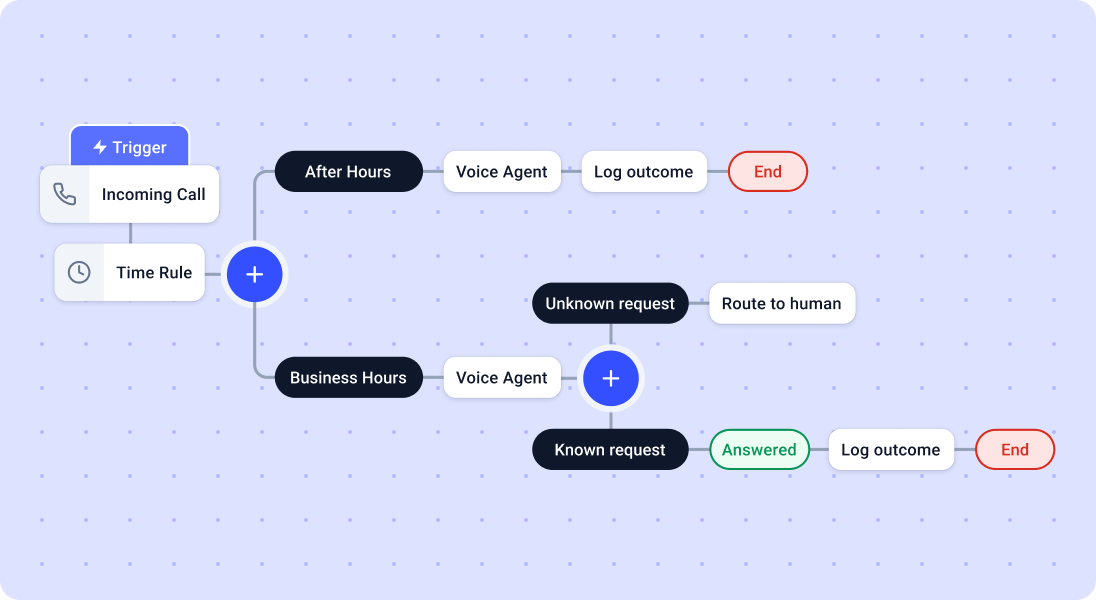- Future Tools
- Posts
- OpenAI gets a brain
OpenAI gets a brain
Plus: California regulates AI companions
Welcome back! Meta just poached Andrew Tulloch, co-founder of Thinking Machines Lab, from Mira Murati’s team. Tulloch’s exit follows months of rumors that Mark Zuckerberg tried (and failed) to buy the AI startup outright.
While his acquisition bets haven’t landed, Zuck’s talent raids seem to be paying off—one high-profile engineer at a time.


OpenAI Builds Its Own Brainpower

Via The Information
OpenAI has teamed up with Broadcom to design and deploy its first in-house AI processors—a major step toward controlling its own compute destiny. The chips, expected to roll out starting late next year, will deliver 10 gigawatts of power, enough to run data centers serving millions of users or five times the output of the Hoover Dam.
The deal: Broadcom will handle manufacturing and networking gear, while OpenAI designs the chips. The project follows OpenAI’s recent supply pacts with AMD and Nvidia, and news of the deal led Broadcom stock to surge nearly 10%.
The crowd: This move places OpenAI alongside cloud giants Amazon, Google, and Microsoft, all racing to reduce dependence on Nvidia’s pricey accelerators. So far, rivals’ in-house chips haven’t matched Nvidia’s performance—but the custom-silicon boom is only heating up.
Big picture: It’s not just about training bigger models anymore. The new race is about who controls the infrastructure—the energy, silicon, and bandwidth that make AI possible. Whoever masters compute wins the decade.
California Cracks Down On AI Companions
California has become the first U.S. state to regulate AI companion chatbots. Governor Gavin Newsom just signed SB 243, a law requiring chatbot companies to verify users’ ages, issue content warnings, and implement suicide-prevention protocols.
How this came about: The law was spurred by several tragic cases involving AI-driven interactions with minors. It follows another recent California bill that mandated large AI labs—including OpenAI, Anthropic, and Meta—disclose their safety protocols.
The fine print:
Companies must disclose that chats are AI-generated and not professional advice.
Minors must receive break reminders and be shielded from explicit content.
Firms that profit from illegal deepfakes can face fines up to $250,000 per offense.
What’s next: The law goes into effect Jan. 1, 2026, and the legislation may inspire similar efforts in other states.
Why it matters: SB 243 reframes safety not as a tech choice but as a legal obligation. It could shape how the rest of the country approaches AI oversight and how tech companies adjust their models to comply.
Nvidia Puts A Supercomputer On Your Desk
Starting today, Nvidia’s DGX Spark is officially on sale. This “personal AI supercomputer,” priced at $3,999, is small enough to sit on your desk but powerful enough to do a million billion (aka petaflop) calculations each second—a level of performance once reserved for massive data centers.
The details:
Spark can handle AI models with up to 200 billion parameters, all from a standard outlet.
It packs serious power: a GB10 Grace Blackwell Superchip, 128GB of unified memory, and up to 4TB of SSD storage.
The supercomputer can be ordered directly from Nvidia.com and select retailers. Plus, multiple PC makers, including Acer, Asus, Dell, HP, and Lenovo, are releasing their own customized versions at the same price point.
Why it matters: This device embodies Jensen Huang’s mission to put “an AI supercomputer on the desks of every data scientist.” It’s a symbolic leap in the democratization of compute, bringing power once confined to cloud racks into home offices and classrooms.

Recraft Chat Mode is Your New Creative Partner
Recraft already blends AI power with designer-level control. Now, there’s an even better way to design with AI. Chat mode brings together our infinite canvas with a new chat experience to help you create, refine, and iterate your designs while keeping full context of your workflow.
Chat mode lets you:
Explore styles and palettes using smart suggestions
Refine logos, posters, and brand assets step by step
Keep consistency across every iteration and export
Ready to elevate your design with Chat mode?



Your AI Art Library, Organized

Image-MetaHub
Image-MetaHub helps creators and researchers manage massive collections of AI-generated images locally, complete with metadata search and tagging.
How you can use it:
Quickly browse and filter thousands of AI images
Search by model, prompt, or metadata
Keep data fully private on-device
Streamline research or creative workflows
Pricing: Free (open source)

Turn Every Call Into Insight

CloudTalk
CloudTalk AI automates customer interactions with smart voice agents and AI-driven analytics.
How you can use it:
Automate routine inbound and outbound calls
Integrate with 100+ CRMs and helpdesks
Use AI analytics to coach agents and improve CX
Scale global operations with AI routing
Pricing: Paid


Jobs, announcements, and big ideas
Cisco launches AI readiness tool to help companies assess adoption levels.
Firefox adds Perplexity as a conversational search option.
Microsoft debuts in-house AI image generator for public testing.
Google Meet introduces AI makeup filter for video calls.
Nvidia and Oracle unveil Zettascale10 cluster for enterprise AI performance.
OpenAI eases ChatGPT restrictions amid mental health concerns.
Anduril unveils EagleEye, an AI helmet for command and control.
Slack upgrades Slackbot with AI assistant for smarter productivity.
Google backs California’s new internet age-gating law.

AI tried to make me TikTok famous. Let’s just say... the results were more Black Mirror blooper reel than Billboard hit.

That’s a wrap! See you Friday for more.
—Matt (FutureTools.io)
P.S. This newsletter is 100% written by a human. Okay, maybe 96%.


